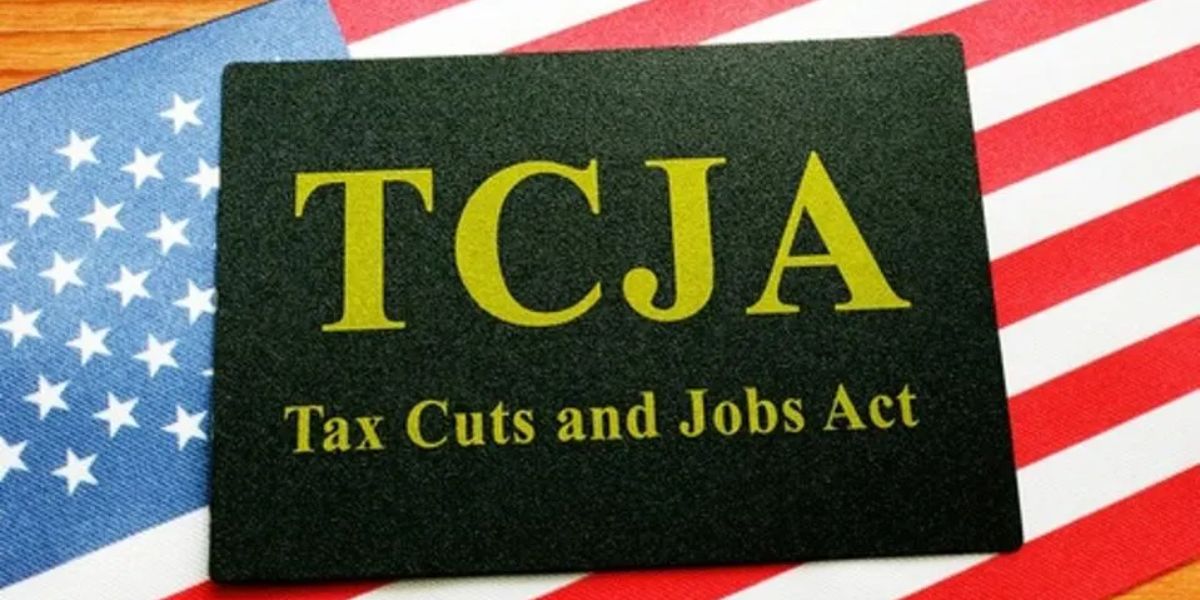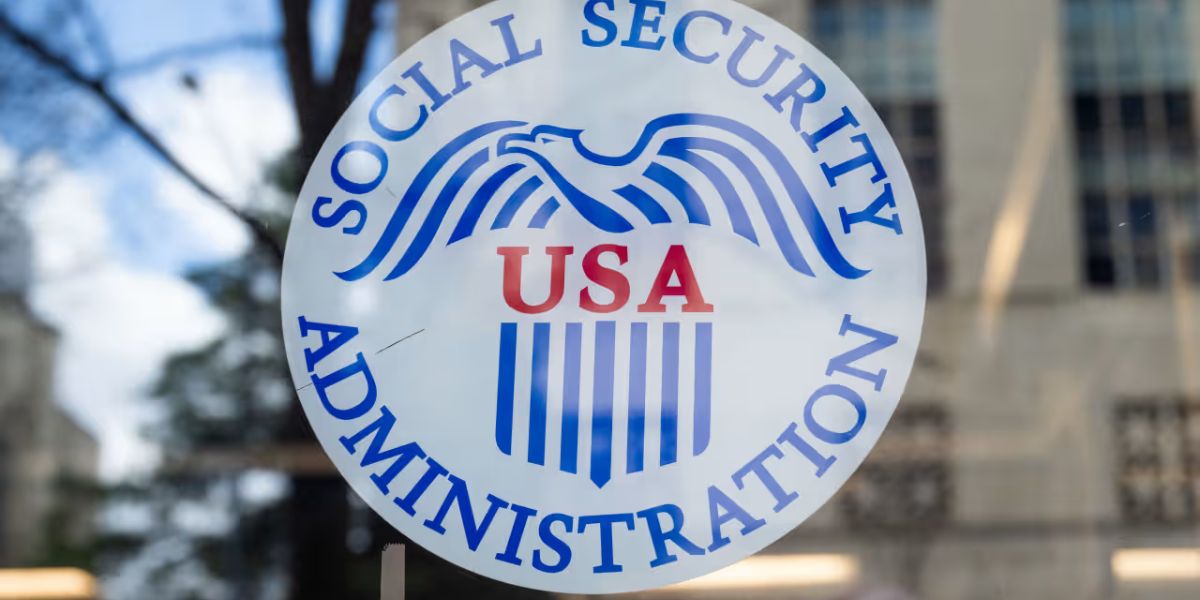The Tax Cuts and Jobs Act (TCJA) shook up the tax code back in 2017, bringing major changes for millions of Americans.
Known as the “Trump tax cuts,” the law affected everything from income tax rates and the standard deduction to child tax credits and business taxes. It was the biggest tax overhaul in decades.
Now, after more than seven years, many of the TCJA’s key provisions are set to expire at the end of 2025. This looming “tax cliff” has a lot of people wondering what will happen next.
The Republican-led House of Representatives is working on a plan to extend or make permanent many of these tax breaks, including Trump’s “One big, beautiful bill” proposal. But negotiations are ongoing, and things could still change.
If you want to know what parts of the TCJA impact your finances and what might shift soon, this guide will walk you through the essentials.
What is the TCJA?
The TCJA was a sweeping overhaul of the tax system that lowered tax rates and reshaped how individuals and corporations are taxed. It introduced new tax brackets, increased the standard deduction, changed deductions and credits, and cut the corporate tax rate from 35% to 21%.
For example, before the TCJA, a single filer earning $50,000 might have paid 25% on a chunk of their income. After the TCJA, that rate dropped to 22%, meaning more money stays in your pocket.
Higher-income earners, especially those making $450,000 or more, received a bigger share of the tax savings. The House GOP is now proposing to make these rate cuts permanent and keep indexing most brackets for inflation after 2025.
How the TCJA Changed the Child Tax Credit and Personal Exemptions?
Before the TCJA, taxpayers claimed a personal exemption of about $4,150 per dependent, which lowered taxable income. The TCJA eliminated these exemptions but increased the child tax credit from $1,000 to $2,000 per child, which many families found more beneficial.
Under the House GOP’s proposed bill, the personal exemption would be permanently eliminated, but the higher child tax credit would remain and even increase to $2,500 for tax years 2025 through 2028. Income limits for claiming the credit would also stay higher.
These changes have helped reduce child poverty rates, but some worry about the impact if the personal exemption disappears for good.
The Big Boost to the Standard Deduction
The TCJA nearly doubled the standard deduction—meaning fewer people itemize their deductions, simplifying taxes for many. For singles, it jumped from $6,500 to $12,000; for married couples filing jointly, from $13,000 to $24,000
This larger deduction especially benefits middle- and lower-income households, though most taxpayers already claimed the standard deduction before the TCJA.
The new House plan would make these higher standard deductions permanent and boost them further with a $1,000 increase for singles and $2,000 for couples from 2025 to 2028
State and Local Tax (SALT) Deduction Limits
One controversial TCJA change capped SALT deductions at $10,000 per year, affecting homeowners in states with high property and income taxes like New York and California.
The GOP’s bill proposes raising that cap to $30,000, but the plan faces pushback, especially from Republicans representing high-tax states who argue it’s still too low. This debate is far from settled.
Corporate and Business Tax Changes
For businesses, the TCJA cut the corporate tax rate from 35% to 21% permanently. It also introduced a 20% deduction on certain business income for owners of pass-through entities like LLCs and S-corporations—though that deduction is currently set to expire after 2025.
The House GOP plan would make this deduction permanent and increase it to 23%, helping many small business owners save on taxes.
Read Also: How to Enjoy Luxury Travel Without Breaking the Bank: 8 Proven Tips
Other business provisions include limiting deductible meals and entertainment expenses (which will expire), and allowing businesses to fully expense qualifying equipment immediately, a benefit the bill would extend through 2030.
What’s Set to Expire or Change After 2025?
Here’s a quick look at key TCJA parts that will sunset if Congress doesn’t act:
- Individual federal income tax rate reductions (except the lowest 10%)
- Increased standard deduction amounts
- Expanded child tax credit amounts and thresholds
- Limits on itemized deductions, including SALT
- Business income deduction for pass-throughs
- Estate tax exemption doubling
- Certain business-related deductions and rules
These changes could mean higher taxes for many if left to expire.
What Should You Do Now?
Tax laws often change, but preparing early gives you a head start. Review your finances and tax strategies now to understand how potential changes could affect you.
Read Also: Military Families: These 10 Benefits Could Save You Money and Stress
Consult with a tax professional or financial advisor who can help you navigate the shifting landscape and optimize your tax planning.
Whether you’re a homeowner, parent, business owner, or investor, knowing what’s on the horizon will help you make smarter decisions before 2026 hits.
Bottom Line: Stay Informed and Plan Ahead
The TCJA has made a big difference in how Americans pay taxes, but the clock is ticking on many of its provisions. The House GOP’s “One big, beautiful bill” aims to extend or make permanent much of the law—but the final shape is still unclear.
Small changes in your tax strategy today can make a big difference tomorrow. Keep an eye on updates, work with trusted advisors, and remember: it’s about progress, not perfection. Being prepared means you’ll face whatever changes come with confidence.
This article was written by Loretta James. AI tools were used lightly for grammar and formatting, but the ideas, words, and edits are all mine.



